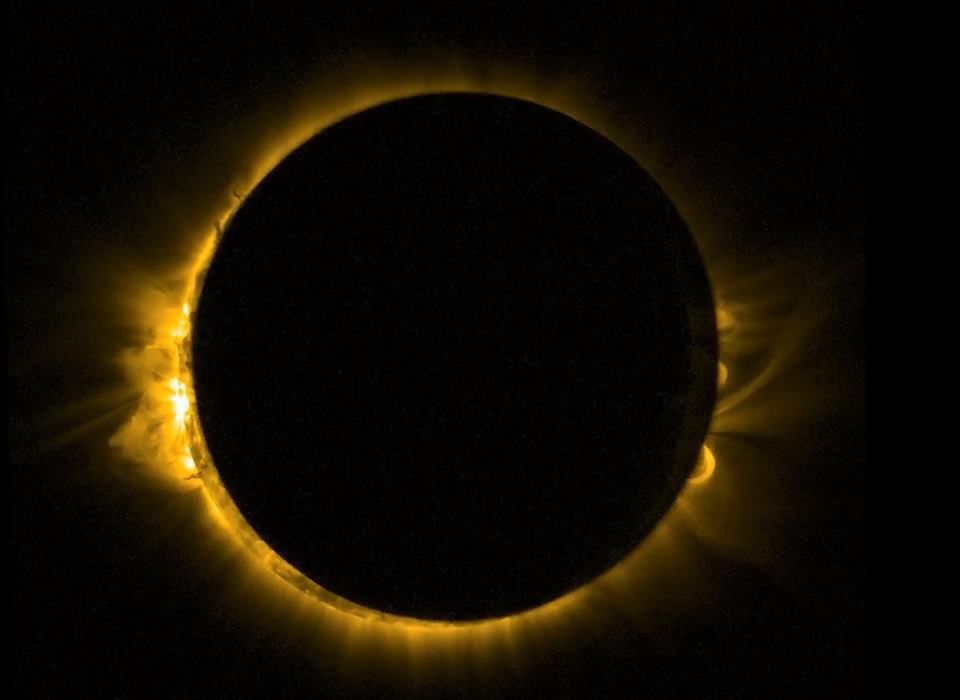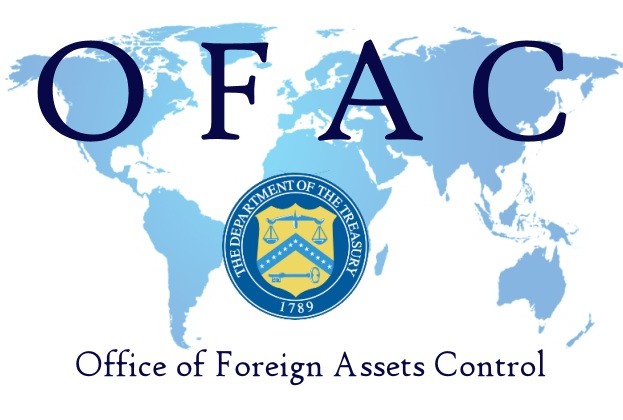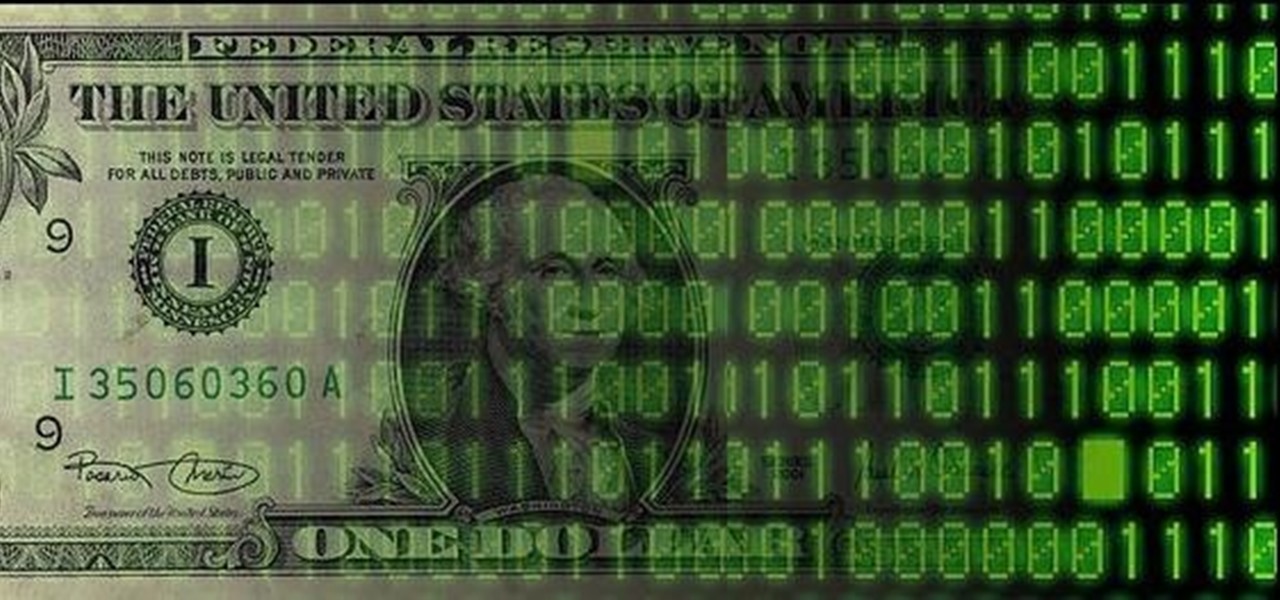You may have started humming the Bonnie Tyler song, but it’s not our hearts that will be eclipsed . . at least not today. Instead, today, Monday, August 21, 2017, the moon will pass in front of the Sun, displaying a total solar eclipse to millions and a partial solar eclipse to many more millions. A total solar eclipse occurs when the moon’s apparent diameter is larger than the sun’s, blocking all direct sunlight, turning day into darkness.
While the rest of the United States and many other parts of the world will experience a partial solar eclipse, a total solar eclipse will be visible to viewers within a 70 mile wide swath crossing parts of fourteen states of the continental United States: Starting in Oregon, continuing through Idaho, Wyoming, Montana, Iowa, Kansas, Nebraska, Missouri, Illinois, Kentucky, Tennessee, Georgia, North Carolina, and finally South Carolina before heading out over the Atlantic Ocean. That’s about 12 million US residents and another 10 million estimated tourists flocking in to witness the event!
If you want to know when the eclipse will start, peak and end near you, Vox Media has an Interactive Web Page that allows you to put in your Zip Code and see the start, peak and end times, as well as the percentage of totality that will be visible in your area. You can also turn your smartphone or tablet into a guide for the event, using Android or iOS apps such as Eclipse Safari or Clear Outside.
Enjoy the rare and magnificent astronomical event and remember – safety first – don’t look directly at the sun. Even if you are using “approved” glasses (Certified as ISO 12312-2 compliant) make sure they are from a legitimate vendor and they are actually legitimate. As a test, put the glasses on and look at your brightest bulb or any really bright light — you shouldn’t be able to see ANYTHING (as in zero, nada, zilch, nothing!) A safe solar glass filter will give you a view of the sun (and ONLY the sun) that will look like a full moon, surrounded by dark sky and it will also block UV and IR radiation. If you look up and find the sun uncomfortable to look at, out of focus or with a haze around it, don’t use them (or if they are scratched or appear damaged in any way). According to the American Astronomical Society, those won’t be safe.
For you trivia buffs, the last time a total solar eclipse was visible crossing the entire continental U.S. was on June 8, 1918, and the next time a total solar eclipses will cross the U.S. (12 States) will be in April of 2024 and another total solar eclipse will cross 10 States of the continental United States again in August 2045.





